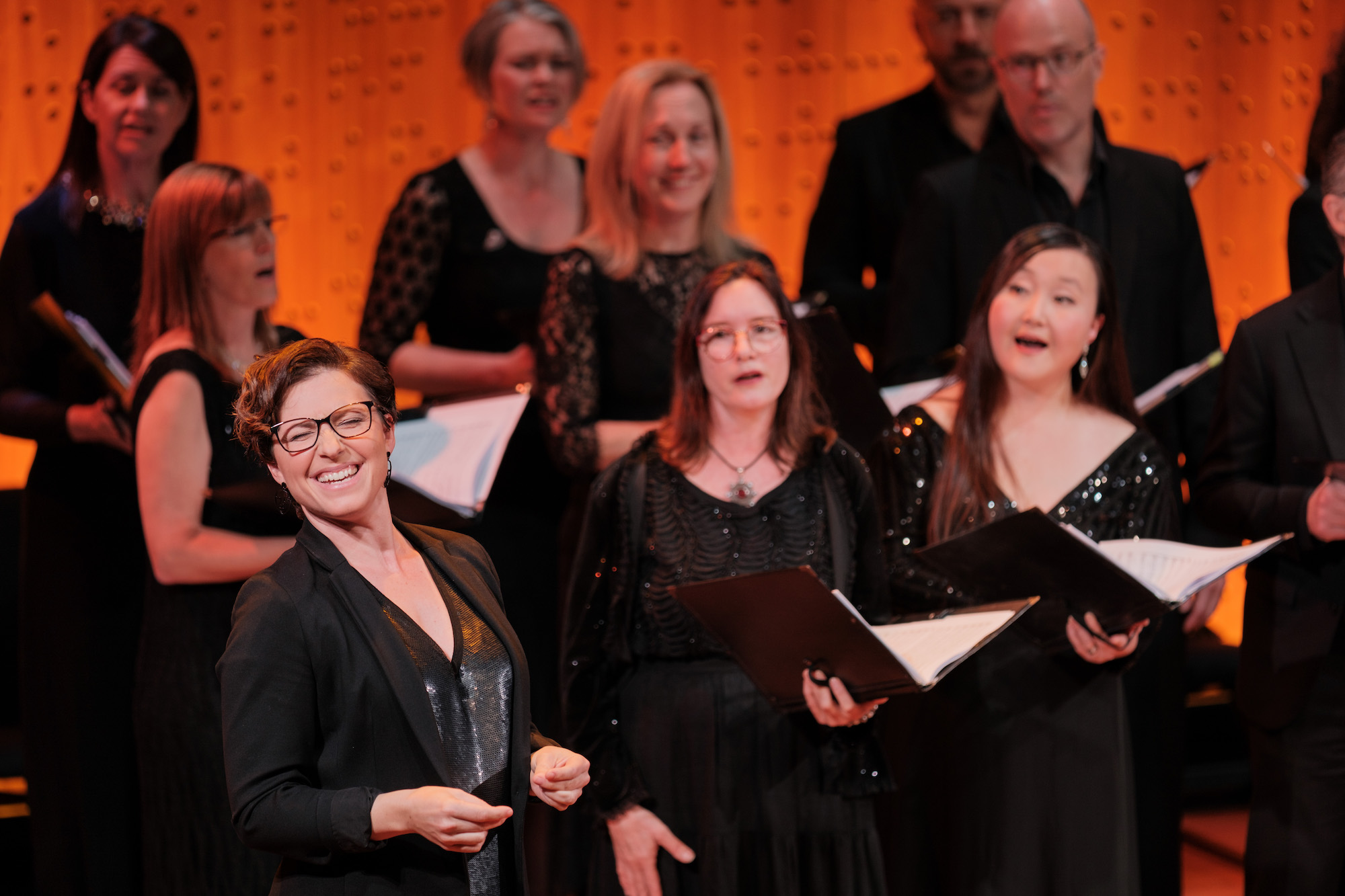
Vale Metro: the final cut for emerging Aussie film?

On the same evening when the unfortunate cancellation of Tropfest 2015 was announced, another institution of emerging Australian film practitioners gathered to mark the end of an era. After more than 34 years of providing essential support to the nation’s emerging film industry, Metro Screen will call their final ‘cut’ this December.
Metro Screen’s loss of core funding means they cannot continue programs that have assisted emerging filmmakers with funding, equipment, production and education over the years. This is a direct result of the drastic federal cuts to national screen agency Screen Australia, and echoes the recent government funding cuts to all other emerging arts areas.
At the Vale Metro Screen Forum & Break Up Party last Wednesday, Metro Screen presented their parting gift to Australian film––Emerging Visions: Career Pathways in the Australian Screen Production Industry, an extensive report detailing the first significant research into talent regeneration in the screen industry.
Lead researcher and Metro Screen CEO Christina Alvarez explained that the six-month research project was not initially intended to mark their exit. “We were expecting to be able to share this research into our future, we knew it was going to be tricky, but we were hopeful…as things have turned out, it’s become our swan song,” she said.
The landmark Emerging Visions report illustrates some rather concerning statistics, with a vastly growing gap between ‘learning and earning’ for Australian filmmakers. Since 2007 the federal government support to the screen industry has increased by 90% to $419 million each year. While this sounds like good news, from next year targeted federal funding for emerging screen practitioners is set to reduce by 80% to $2 million next year––an amount that spreads quite thinly across the nation. Federal funding of tertiary screen media education, however, stands at $250 million per year.
In a presentation scattered with many ad-libs that enticed gasps of shock and laughs of resignation from the buzzing crowd, Alvarez explained the burning inefficiency of this model, which invests so heavily in both education and the established screen industry, while overlooking the emerging sector that bridges this unstable industry ecosystem.
“We simply don’t accept that new talent is now expected to develop with Crowdfunding, YouTube and cheap beer when every other aspect of the screen industry has benefitted through helpful and strategic investment,” said Christina.
Metro Screen President Katherine Shelper echoed these sentiments, saying: “Screen Australia had a very difficult task in working out how to respond to their budget cuts, but I think they’ve failed to appreciate the entirety of that really delicate ecosystem, and hopefully our report will be able to bring focus onto that in a constructive way…”
Christina’s statements about emerging screen’s precarious funding predicament were gravely reinforced with the virtually simultaneous, abrupt announcement that Australian mainstay Tropfest, ‘the world’s biggest short film festival’, will not be going ahead this December due to a “terrible and irresponsible mismanagement of Tropfest funds”. When even a 23 year strong cultural favourite like this is halted for financial reasons, what chance do emerging film creators have to showcase their work?
City Hub approached Tropfest for comment, and were directed to Founder and Director John Polson’s initial statement: “Despite a challenging sponsorship climate, Tropfest has done reasonably well in attracting support this year; however, to my great surprise, the management company has informed us that it is unable to proceed.”
Much like Tropfest, Metro Screen can be attributed with launching many screen careers; with people like Andrew Denton and John Bell passing through it’s accessible programs, along with Gayby Baby producer Charlotte Mars and Black Comedy star Elizabeth Wymarra (along with much of the rest of the cast).
Emerging filmmaker Joshua Longhurst utilised Metro Screen’s writing programs to launch his career at a time when he didn’t have the network to produce something for Tropfest, and couldn’t afford a tertiary education. He has since been accepted into film festivals, internships and been nominated for a Dendy Award. “The networks that I’ve built have come from being a part of this community, and that’s what it is, a community of filmmakers who they genuinely care about and really push to achieve great things,” said Joshua.
The demise of Metro Screen is a concern for the greater Australian society, who deserves to see a diversity of stories represented on their screens. “I think it’s fundamental that people want to see their own stories on screen,” explained Katherine (who is also the award-winning producer of 2009 film Samson & Delilah). “Metro Screen was always a champion of diversity and giving anyone a chance whether [or not] you had cash or contacts, you could come and tell your story…and that’s what creates a really wonderful and diverse screen industry.”
When the Abbott government proposed a budget cut of $105 million to the Australia Council for the Arts funding mid this year, there was an overwhelming response from the whole range of the arts industry. The same momentous fight back has been all but absent in the film industry. “It’s a slightly unfair comparison, the film industry is a lot more fragmented than the arts industry,” explained Katherine. “In the film industry, I don’t know, maybe we’ve become a little bit used to the status quo and we haven’t been in the position where we’ve had to fight for something for awhile, and perhaps there’s just a lag in understanding of what the true effect is of the cuts.”
A new Prime Minister and Arts Minister were both announced just one week after Metro Screen announced their closure. Things are happening at break-neck speed. Metro Screen was one of the unfortunate casualties of Screen Australia’s quick response. The irony of this decision is that in their final weeks, Metro Screen have presented a report that justifies the necessity of organisations like theirs to the continuity of the entire film industry.
Metro Screen has made a dignified exit, but with a bang. “It’s up to the community to build new networks and new ways of keeping in touch,” said Katherine. “The main message to…anybody in the industry is to not be complacent about what is available to you in the industry and in Australia at this point, that we all have to be vigilant about what’s required to make a rich industry full of interesting story tellers.”
In the past week this vigilance has been realised, at least in regards to Tropfest. Since announcing this year’s cancellation, Tropfest has received an overwhelming response from fans and supporters and hope is high that the event will be resurrected in future.
Burgeoning film experts have the opportunity to take advantage of Metro Screen’s last ever Speed Networking event for Screen Practitioners this December. If the relentless passion and defiance evident amongst the Vale Metro crowd is channelled into building the post-Metro community, then Australia certainly has a prosperous film culture ahead.
SPEED NETWORKING FOR SCREEN PRACTITIONERS
Dec 15, 6.30pm–8.30pm. Surry Hills Neighbourhood Centre Function Hall, (Surry Hills Library Building) 405 Crown Street, Surry Hills. $5.50. Tickets & info: metroscreen.org.au
The Emerging Visions Full Report and presentation transcripts from Vale Metro can be found at metroscreen.org.au/valemetro








